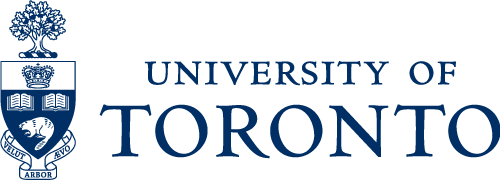The Flexible Learning Initiative (FLI) includes faculty development activities to engage instructor teams in collaborative exploration of effective approaches to digital learning while in the process of (re)designing their individual courses within common or cognate discipline areas. The aim is to build on lessons learned, and enhance course development work done, during our shift to remote/online teaching and learning in response to COVID-19. Successful applicants will improve on those courses that shifted to remote delivery and create an intentional, high quality, ‘digital by design’ fully online or hybrid course. Divisional educational technology professional staff and other team members will be invited to join in faculty development and design support activities, as appropriate and available. The program will be facilitated by Digital Learning Innovation, Information Technology Services.
Features of the FLI include:
- Teams of three-four instructors from the same program that will work collaboratively to explore needs within their discipline area while re/designing their courses.
- A faculty development program will leverage newly created Course Design Foundations material and include support for use of course data to inform design plans.
- Each cohorted team will address a focus area of strategic importance to their program, unit and/or division. Examples include:
- Equity, diversity and inclusion
- Experiential learning
- Data-informed design
- Other discipline specific themes
The cohort for 2023-24 includes:
Department of History, Faculty of Arts and Science
- Sean Mills, Democracy and Dissent in Postwar Canada
- Nhung Tran, Rice, Sugar and Spice in Southeast Asia
- Heidi Bohaker, Canadian Legal Histories
Department of Health and Society, University of Toronto, Scarborough
- Christine Wong, Infectious Diseases
- Aparna Nair, Disability History
- Nicholas Spence, Equitable, Resilient, and Sustainable Communities: An Interdisciplinary-Community-based Participatory Approach
- Leonard Tsuji, Equitable, Resilient, and Sustainable Communities: An Interdisciplinary-Community-based Participatory Approach
Department of Language Studies, University of Toronto, Scarborough
- Shohini Bhattasali, Syntax I
- Juvenal Ndayiragije, Introduction to Linguistics: French Morphology and Syntax
- Safieh Moghaddam, Applications of Linguistics
Tri-Campus Minor in Global Leadership
- Spyridon Kotsovilis (University of Toronto, Mississauga), Global Leadership: Past, Present, Future
- John Trougakos (University of Toronto, Scarborough) Global Leadership: Theory, Research, and Practice
- Elham Marzi (Faculty of Applied Science & Engineering), Global Leadership: Capstone Project
Contact digital.learning@utoronto.ca for more information.
For previous FLI programming information visit FLI 2022-23.

